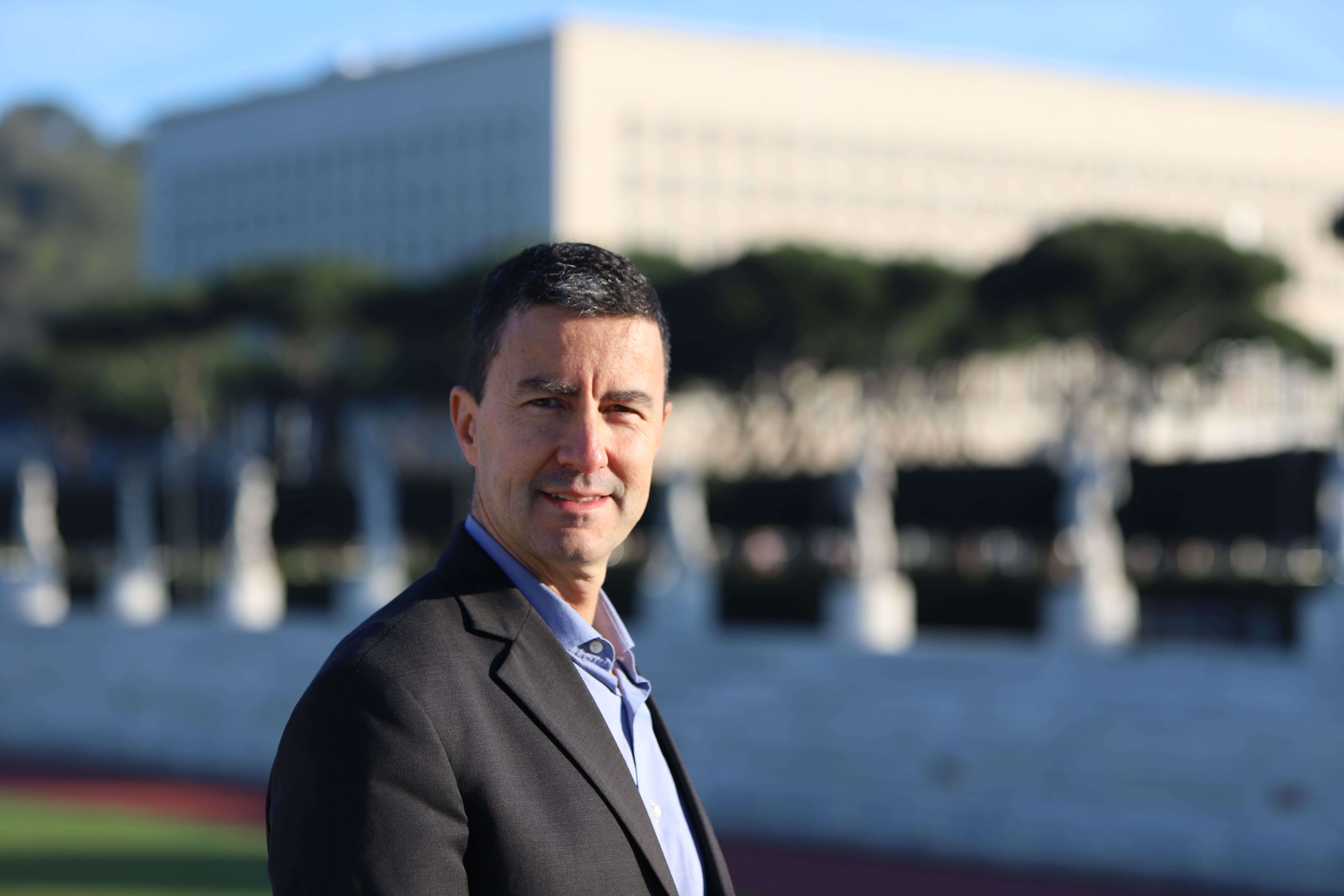
- 08/11/2023
Caio Mussolini
- in Economy, Migration
- 0Comments
The history of modern Argentina has been strongly permeated by the presence of European immigrants and among these the Italian ones who have played an important role since the times of the discoveries and geographical explorations of the 16th century.
The phenomenon of emigration has been accentuated since the mid-19th century with the arrival of hundreds of thousands of men and women who leave Italy in search of a better life, starting a process of transformation and mutual influence between the cultures that even today they are easy to find in daily life, in language, in eating habits and in many other behaviors and aspects peculiar to Argentines.
The phenomenon was then reversed at the end of the nineties following the Argentine economic crisis, with the desperate search by many third or fourth generation natives of a document that could prove their Italian origins, thus allowing them to reside legally and therefore being able to work in Europe, following the path of their ancestors in reverse.
The migratory event towards Argentina was something very singular and perhaps unique in the world, considering that it is very difficult to find such a strong influence on the part of our immigrants in another country. Today Argentina has one of the most important communities of Italians in South America, quantifiable according to the latest data at more than 1 million people, while there are more than 15 million natives. The book is inspired by Caio Mussolini’s degree thesis in Political Science.
 “I was attracted and intrigued by my family’s emigration history; my maternal great-grandfather had emigrated to Buenos Aires at the beginning of 1900, my grandfather Vittorio and his father emigrated to Argentina after the war, my mother was Argentine and I myself was born in that country and decided to study it in more depth.”
“I was attracted and intrigued by my family’s emigration history; my maternal great-grandfather had emigrated to Buenos Aires at the beginning of 1900, my grandfather Vittorio and his father emigrated to Argentina after the war, my mother was Argentine and I myself was born in that country and decided to study it in more depth.”
The book “Italians of Argentina” which he recently presented in Argentina, offers an overall vision of the phenomenon of Italian migrations in Argentina, and highlights the influence, both positive and negative, exerted by our compatriots during the 19th and 20th centuries in the different sectors of society: industrial and worker, trade union, agricultural, political, architecture (incredibly in Buenos Aires the Palacio Barolo was built in 1923 based on Dante’s Divine Comedy. The building is in fact made up of three parts , corresponding to hell, purgatory and paradise, with a lighthouse on top which metaphorically represents the empyrean!), the cultural, artistic and linguistic ones (such as the case of “cocoliche” and “lunfardo”, from which words of common use as pibe, minga, feta, tano or laburo), sport even to associations.
Starting from the reasons that favored emigration from our country to abroad, and the historical and social reasons that instead favored immigration to Argentina, the book also aims to refute with bibliographical sources and historical research, the idea that our compatriots were welcomed with open arms and without problems. In Argentina, as in all the other countries where emigrants landed, this was not the case. Indeed, the lives of many of our compatriots were instead characterized by great sacrifices, struggles, suffering and also by dashed hopes and failures. Furthermore, contrary to what people are trying to believe today, no one gave them anything as a gift, much less did they demand it.
History also highlights that the policies regarding immigration in Argentina starting from around 1820 were managed centrally by the various successive governments and were the result of precise choices, dictated by the social, demographic, geognaphic reality and the needs for growth and development of the village.
Immigration was managed rather than subjected to it, and who could enter was planned based on their skills, professionalism and even their country of origin.
The final result is that in Argentina we can find the characteristics of a globalized nation “ante litteram”, where people of different nationalities, races, cultures and religions have coexisted in a fairly peaceful way for two centuries. It is a country that was characterized until the 1980s by strong mobility and few a priori constraints for climbing the social classes, having excellent state schools and universities that facilitated the achievement of even high expectations.
Today’s Argentina is the result of immigration, and immigration is the sum of millions of individual stories of people who have chosen for various reasons to abandon their country to take root in those distant lands. Over two centuries, Italians have managed to influence the Argentine lifestyle with their daily behaviors, customs and habits, making it a unique country in the world.
 And the la book that talks about the past also poses interesting food for thought for the present and the future. In a world where “politically correct” and “cancel culture” reign with often deleterious effects, it would make sense to adapt D.F.’s thinking. How does Sarmiento do it in his work Facundo to address the demographic/migration problem as a civilization/barbarism dichotomy in a modern key?
And the la book that talks about the past also poses interesting food for thought for the present and the future. In a world where “politically correct” and “cancel culture” reign with often deleterious effects, it would make sense to adapt D.F.’s thinking. How does Sarmiento do it in his work Facundo to address the demographic/migration problem as a civilization/barbarism dichotomy in a modern key?
These elements could contribute to the ongoing debates regarding immigration and the immigrants we need to alleviate the demographic problem, which has gripped us for thirty years now.
In addition to making better known what our predecessors, sometimes completely unconsciously with their great sacrifices, managed to do in that country, and how they influenced the way of life of the Argentines with their habits, the book provides elements of analysis and evaluation of ongoing migratory phenomena and potential future consequences, stimulating, for example, the need to debate initiatives that encourage the return to Italy of the children, grandchildren or great-grandchildren of the many Italian emigrants scattered throughout the world.
Biography
Caio Mussolini was born in Argentina. He spent his childhood and adolescence between Italy and Venezuela where he graduated. In 1986 he entered the Naval Academy of Livorno. Subsequently he was embarked as a submariner, until reaching naval command in 1998.
After his discharge, since 2002 he has worked as a manager in the defense and security sector in Italy, Gulf countries and Latin America. He graduated in Naval and Maritime Sciences from the University of Pisa and in Political Sciences from the University of Trieste.
He speaks English and Spanish fluently. He collaborates with the monthly Primato Nazionale with his column “Dritto e safe” and with Difesa Online, Asian Defense Technology ADT, Nation Shield, Infodefensa and other newspapers on geopolitical and military topics. He is a member of the Scientific Committee of the State and Participation Institute in Rome.

For information about the book and presentations write to: ItalianosdeArgentina@gmail.com


